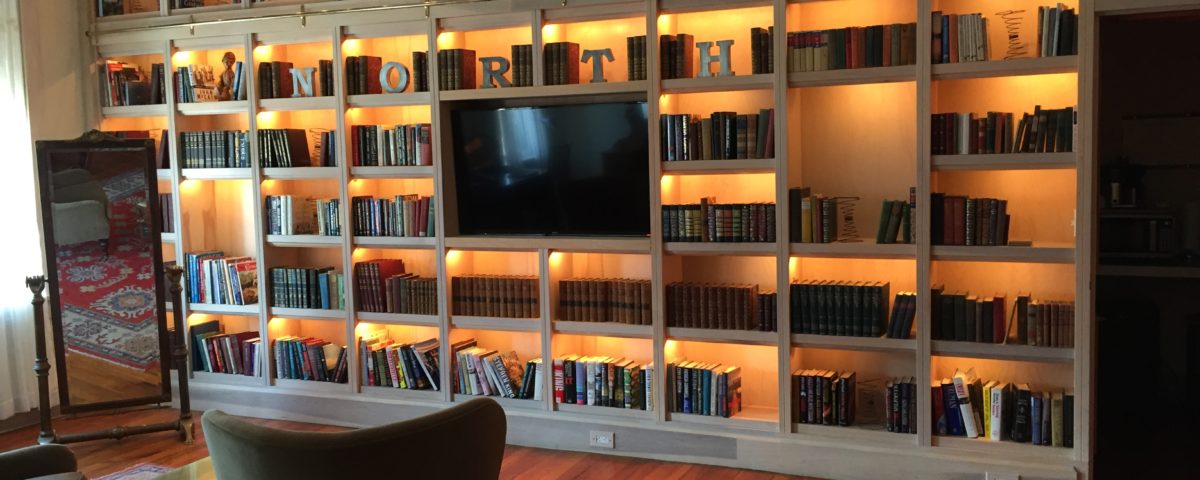The Coolest Part of the College Application

“What’s the coolest part of the application,” asked Shawn Felton, the director of undergraduate admissions at Cornell University at a seminar I attended at this Fall’s NACAC convention in Columbus, Ohio. The answer is the essay. “I like the surprise of essays,” he said. As Katie Fretwell, the dean of admission and financial aid at Amherst College, noted, she is “delighted to hear stories” about students’ lives and experiences.
What’s the buzzword about writing essays? Authenticity. Admissions staff members want to hear your voice in your essay. Don’t try to present what you think the colleges want to hear, said Fretwell. These essays sound flat and not genuine. And don’t try to cram everything into the essay. The essay is not the place to repeat something that the reader could have found somewhere else. “The application is limited but precious real estate,” commented Amy Jarich, the director of undergraduate admissions at the University of California, Berkeley. Added Fretwell, “Think of the essay in the context of the entire application and use it to fill in the space between the dots, between your commitments and your achievements.”
It’s a myth that you need to write about an impressive topic, noted Felton. Your topic just needs to be informative. So identify a purposeful, thoughtful message that you want to convey to the college. And of course, your essay should be honest and well-written.
What about the structure of the essay? According to Felton, students should not waste time writing an introduction, and there is no formula for ending the essay. In fact, the essay does not have to finish with an ending. “Everything in life does not end,” he said.
It’s okay to read any number of sample essays, but, cautions Jarich, don’t assume that since what someone else wrote was successful, that topic will be successful for you. It’s fine to look at models that have worked, but they aren’t meant to be imitated.
Are there wrong answers to the essay prompts? No, responds Fretwell, who was an English teacher before working in admissions. “[There are] only good answers that are true.”

